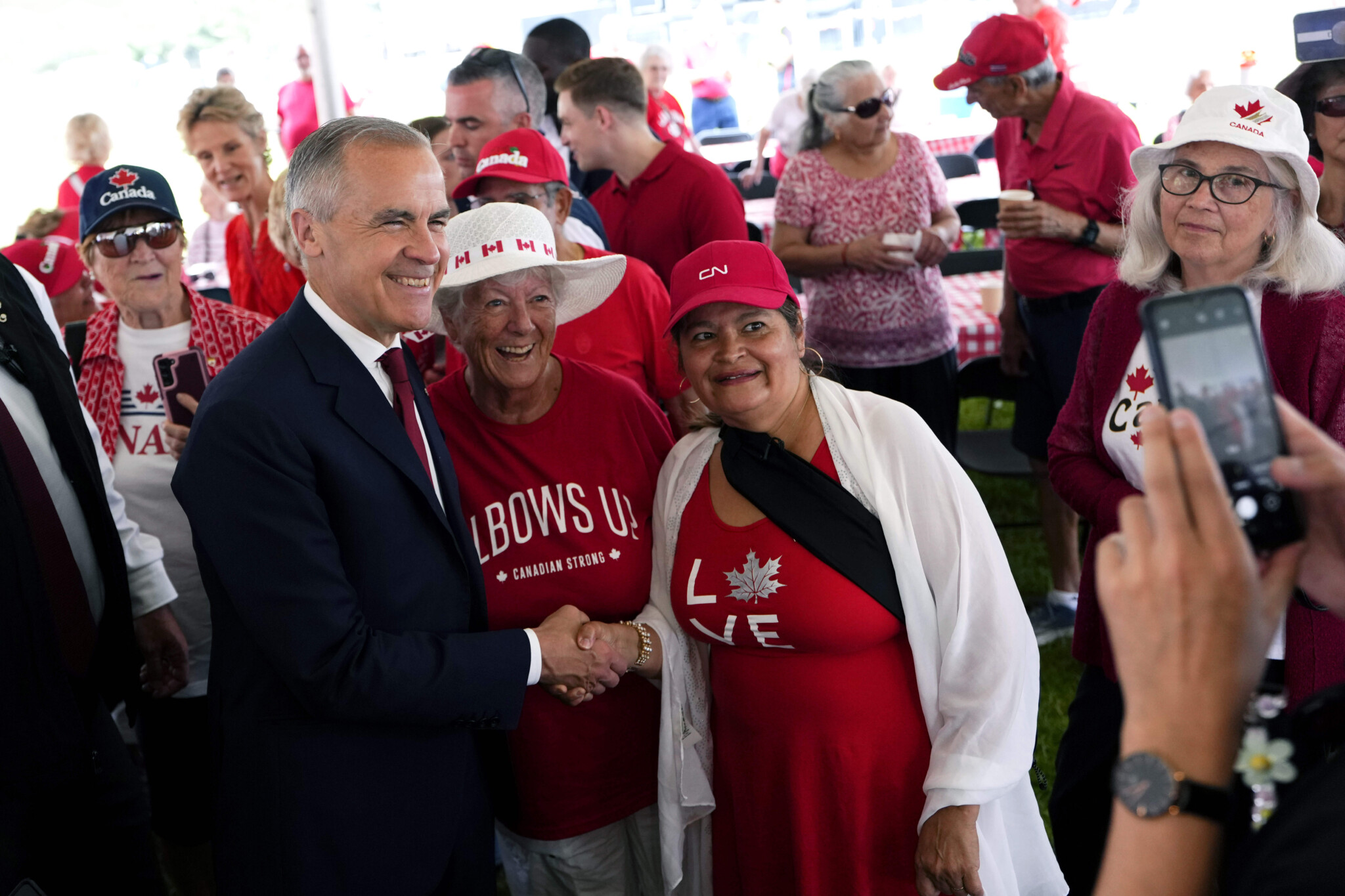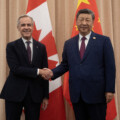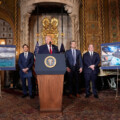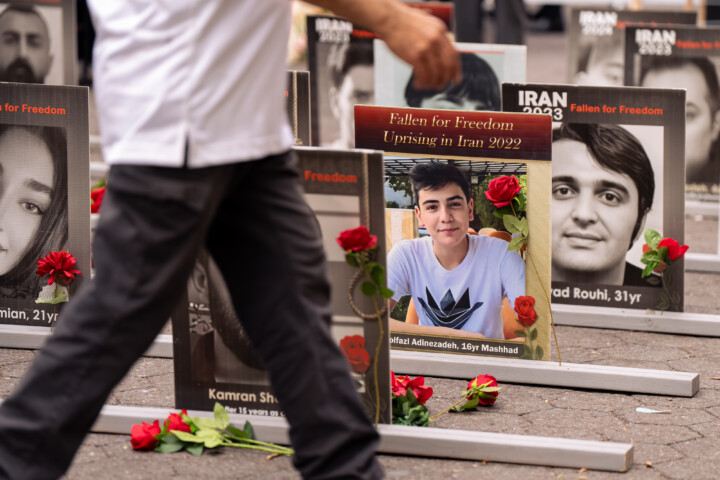Welcome to Need to Know, The Hub’s twice-weekly roundup of expert insights into the biggest economic stories, political news, and policy developments Hub readers need to be keeping their eyes on.
The Boomers won Carney the election, and it’s the Boomers keeping him afloat so far
By Alexander Brown, director of the National Citizens Coalition, a contributor to Project Ontario, and host of a weekly show on Juno News
Happy with Mark Carney’s start? Happy with this moment of “meet the new Liberals, who look a whole lot like the old Liberals”? If so, survey data says you’re likely to be over 55. Go one step further, and take away over-65 support in Leger’s latest approval data, and that support plummets. This generational divide suggests Carney’s leadership continues to reverse traditional Canadian voting patterns, where younger voters typically lean Left. Were it not for the Boomers, in other words, the polls would be essentially tied between the Liberals and the Conservatives.
Canada’s new minority government may well have started off saying some of the right things, but the massive divide it governs over makes Carney’s electoral coalition fragile, as older Liberal and NDP voters alone will not be able to secure a firm mandate going forward.
If the Liberals have actual designs on broadening their appeal, and undoing matters of generational labour uncertainty, Carney must address lived realities of the non-Trump variety—economic anxieties, urgent fixes to immigration, housing starts and promises that have already cratered, a crack-down on rising crime and chaos, and a lack of health care and family doctors—to counter perceptions of being out-of-touch and gerontocratic, or they risk quickly ceding ground to the Conservatives’ change-driven messaging.
But the bigger risk, of course, is not to political fortunes, but to those who can’t afford for the next 10 years to look like the last 10 years.







